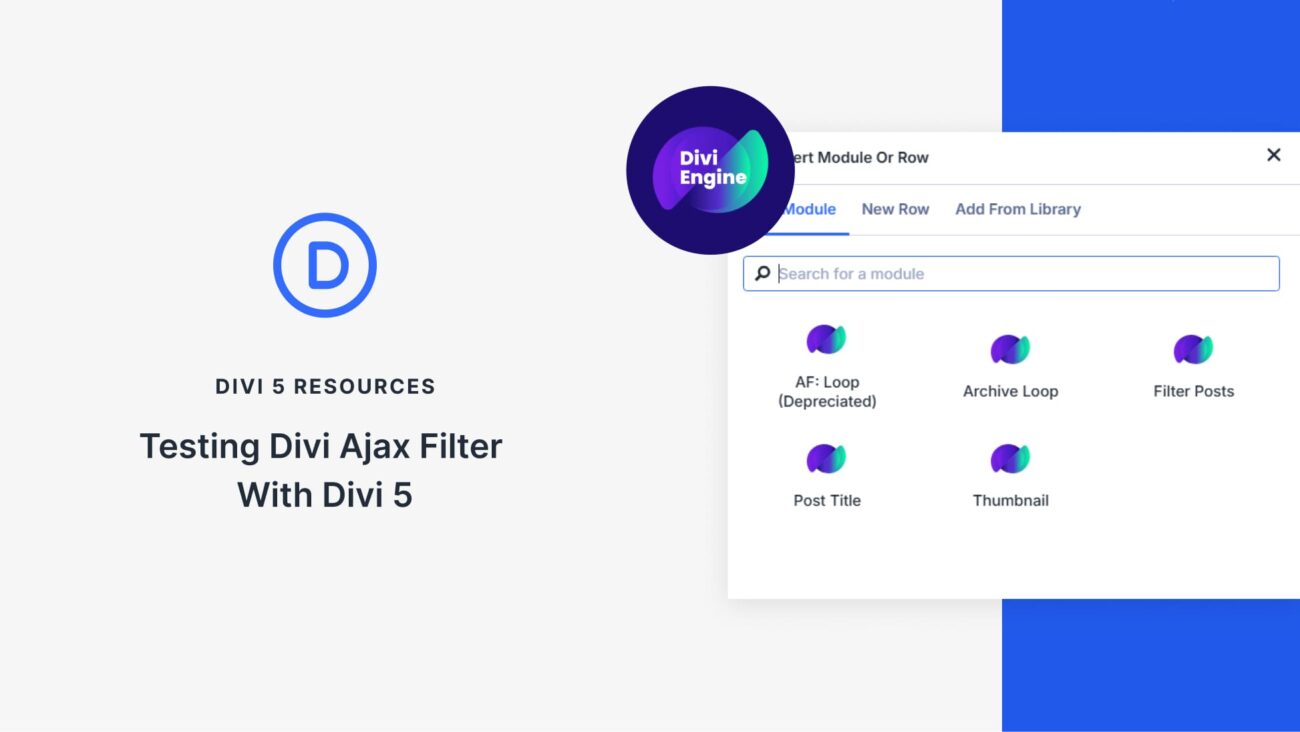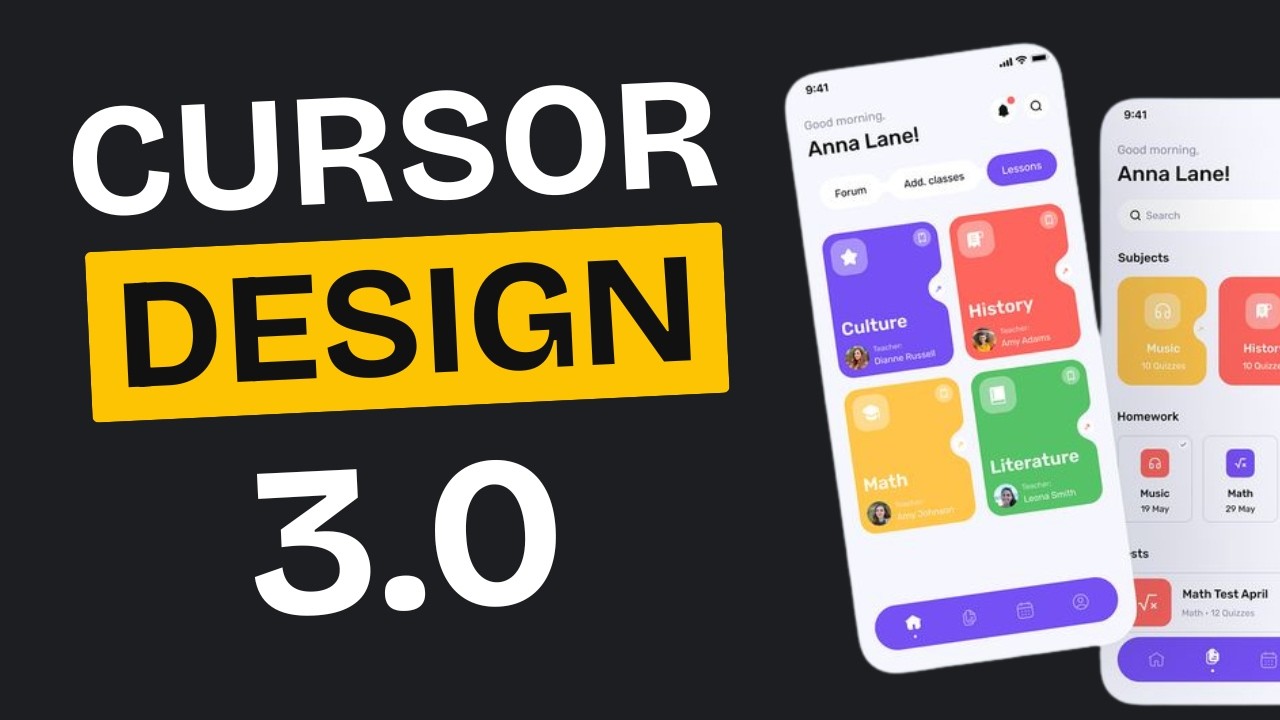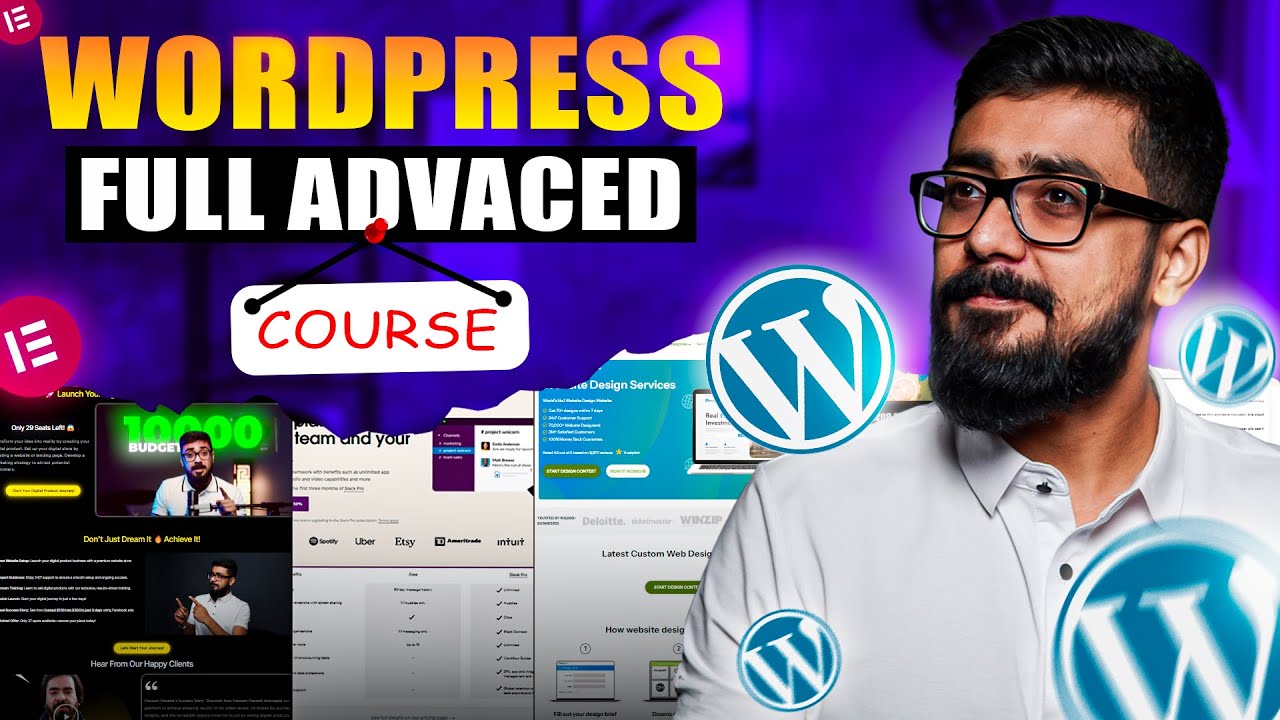Blog
Navigating WordPress Pitfalls: Lessons from a Seasoned User’s Disillusionment
WordPress powers over 40% of all websites, cementing its reputation as the go-to platform for bloggers, businesses, and developers. But beneath its user-friendly facade lies a maze of challenges that can frustrate even the most enthusiastic users. After years of reliance on this CMS, my experience revealed gaps between expectation and reality—disappointments that reshaped my perspective on website management. Let’s unpack these pain points and explore actionable insights to avoid common traps.
The Hidden Costs of "Free" Plugins and Themes
The allure of WordPress often begins with its vast library of free plugins and themes. Yet, this perceived affordability can quickly unravel.
Plugin Dependency and Bloat
Every WordPress user learns the hard way: free plugins aren’t truly free. While tools like Yoast SEO or WooCommerce offer essential functionalities, over-reliance leads to plugin sprawl. Each addition consumes server resources, slows site speed, and risks compatibility clashes. What starts as a "quick fix" can turn into a tangled web of technical debt.
Premium Upgrades: The Real Investment
Many free plugins and themes gate critical features behind paywalls. A slider animation, advanced SEO analytics, or even basic customer support often require costly subscriptions. Over time, these expenses accumulate, rivaling the cost of premium SaaS platforms.
The Security Trade-Off
Third-party plugins and themes are notorious for vulnerabilities. Hackers routinely exploit outdated or poorly coded tools, turning a "free" solution into a gateway for malware. Without ongoing investments in updates and security audits, users risk catastrophic breaches.
The Update Treadmill: A Never-Ending Chore
WordPress’s update cycle is a double-edged sword. While updates improve functionality and security, they demand relentless maintenance.
Breaking Compatibility
Core updates frequently conflict with existing plugins or themes. What worked yesterday might crash your site today, forcing developers into reactive troubleshooting. For businesses, this unpredictability translates to downtime and lost revenue.
Automation Isn’t Always the Answer
Auto-updates seem like a remedy, but they introduce risks. A poorly tested update can disrupt functionality or expose new security flaws. The result? A false sense of security that leaves users scrambling to restore backups.
Page Builder Overload: Creativity vs. Performance
Page builders like Elementor and Divi democratize design, but they come at a cost.
The Seduction of Drag-and-Drop Design
Beginners love the visual freedom of page builders, but these tools generate bloated code. Excessive div wrappers, inline styles, and redundant scripts inflate page sizes, slowing load times. What looks polished on the surface often performs poorly in speed tests.
Lock-In and Flexibility Loss
Relying on a page builder ties your site’s structure to that plugin. Migrating to a new theme or builder becomes a nightmare of reformatting content—a hidden burden for long-term projects.
Scalability Challenges: Growing Pains
WordPress excels for small-to-medium sites, but scaling reveals cracks in its foundation.
Database Inefficiencies
The platform’s MySQL database structure struggles under heavy traffic or complex data. Unoptimized tables and spammy plugins can grind performance to a halt. High-traffic sites often require costly hosting upgrades or custom caching solutions to stay afloat.
Multisite Complexity
Managing multiple sites via WordPress Multisite seems efficient, but shared resources and themes create administrative chaos. A single plugin conflict or update can cascade across all connected sites.
Community Fragmentation: Too Many Voices, Too Little Direction
WordPress’s open-source ethos fosters innovation but also fragmentation.
Plugin Overload and Decision Fatigue
With 60,000+ plugins available, choosing the right tool feels paralyzing. Developers must vet each option for security, compatibility, and support—a time sink that distracts from core business goals.
Mixed Quality of Support
The platform’s reliance on community forums means support quality varies wildly. Users often spend hours sifting through outdated advice or conflicting answers to resolve issues.
Performance Myths: The Speed Dilemma
"WordPress is slow" is a common refrain, but the truth is more nuanced.
Hosting Isn’t a Silver Bullet
While premium hosting improves performance, it can’t undo theme or plugin bloat. Users paying for high-tier plans often still grapple with optimization issues rooted in poor coding practices.
The Cache Conundrum
Caching plugins mitigate speed issues but add another layer of complexity. Misconfigured settings can break site functionality or cause stale content to persist.
Gutenberg’s Growing Pains**
The block editor (Gutenberg) modernizes content creation but alienates long-time users.
Steep Learning Curve
Newcomers face a disjointed experience switching between blocks, widgets, and custom code. The editor’s hybrid approach sacrifices simplicity for flexibility, frustrating those seeking a streamlined workflow.
Incomplete Feature Parity
Legacy features and plugins don’t always integrate smoothly with Gutenberg. Users must often choose between embracing blocks or clinging to outdated solutions.
Hosting Dependency: Inconsistent Experiences**
Not all WordPress hosting is created equal.
Overcrowded Shared Servers
Budget hosts cram hundreds of sites onto a single server, leading to unpredictable performance. Resource limits and throttling during traffic spikes penalize growing sites.
Managed Hosting: A Costly Lifeline
Providers like WP Engine offer optimization and security but at premium prices. Small businesses face difficult ROI calculations when monthly hosting fees exceed marketing budgets.
Security: An Ongoing Battle**
WordPress’s popularity makes it a prime target for cyberattacks.
The Update Arms Race
Regular updates are mandatory, yet they introduce compatibility risks. Users must weigh security patches against potential site-breaking changes—a stressful balancing act.
Plugin Vulnerabilities
Outdated plugins remain the #1 attack vector. Over 50% of hacked WordPress sites trace breaches to unpatched extensions, according to Sucuri’s 2022 report.
Final Thoughts: A Balanced Perspective
WordPress remains a powerful tool, but its drawbacks demand proactive management. Success hinges on:
- Selective plugin usage (audit and remove redundancies regularly).
- Investing in quality hosting and themes (prioritize performance and support).
- Continuous learning (stay updated on security and optimization trends).
By acknowledging these pitfalls early, users can harness WordPress’s strengths while sidestepping the frustrations that derail unprepared enthusiasts. The platform isn’t inherently flawed—it simply requires respect for its complexities and a commitment to disciplined maintenance.
Elementor Pro
In stock
PixelYourSite Pro
In stock
Rank Math Pro
In stock
Related posts
Microsoft Tests Intrusive Windows 11 Boot-Up Ads for Expired 365 Subscriptions
TOP 20: melhores plugins para seu WordPress (2025) | Turbine seu site com essas dicas 🚀
Free AI tools in wordpress for content, wireframes, design, images
5-Week AI Mentorship for Startups in SF
Testing Divi Ajax Filter With Divi 5
Best Websites to Download Free GPL WordPress Themes & Plugins in 2025
3 Ways to Build ACTUALLY Beautiful Websites Using Cursor AI
Global ERP Software Market to Hit $229B by 2033 Amid Tech Boom
Top 12 Robotics AI Blogs/NewsWebsites 2025
FREE WordPress Complete Course For Beginners 2025 | How To Make a WordPress Website
【AI解説】AIと対話しHP生成WordPress.com「AI Website Builder」使い方
Competitive Robotics Programs Build Skills for AI-Driven 2025 Workforce
Products
-
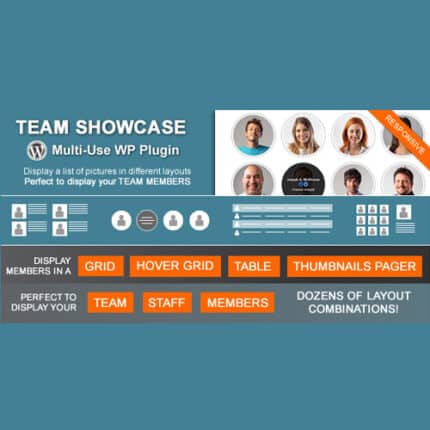 Team Showcase – WordPress Plugin
Team Showcase – WordPress Plugin
$53.71Original price was: $53.71.$4.02Current price is: $4.02.In stock
-
 ChatBot for WooCommerce – Retargeting, Exit Intent, Abandoned Cart, Facebook Live Chat – WoowBot
ChatBot for WooCommerce – Retargeting, Exit Intent, Abandoned Cart, Facebook Live Chat – WoowBot
$53.71Original price was: $53.71.$4.02Current price is: $4.02.In stock
-
 FOX – Currency Switcher Professional for WooCommerce
FOX – Currency Switcher Professional for WooCommerce
$41.00Original price was: $41.00.$4.02Current price is: $4.02.In stock
-
 WooCommerce Attach Me!
WooCommerce Attach Me!
$41.00Original price was: $41.00.$4.02Current price is: $4.02.In stock
-
 Magic Post Thumbnail Pro
Magic Post Thumbnail Pro
$53.71Original price was: $53.71.$3.69Current price is: $3.69.In stock
-
 Bus Ticket Booking with Seat Reservation PRO
Bus Ticket Booking with Seat Reservation PRO
$53.71Original price was: $53.71.$4.02Current price is: $4.02.In stock
-
 GiveWP + Addons
GiveWP + Addons
$53.71Original price was: $53.71.$3.85Current price is: $3.85.In stock
-
 ACF Views Pro
ACF Views Pro
$62.73Original price was: $62.73.$3.94Current price is: $3.94.In stock
-
 Kadence Theme Pro
Kadence Theme Pro
$53.71Original price was: $53.71.$3.69Current price is: $3.69.In stock
-
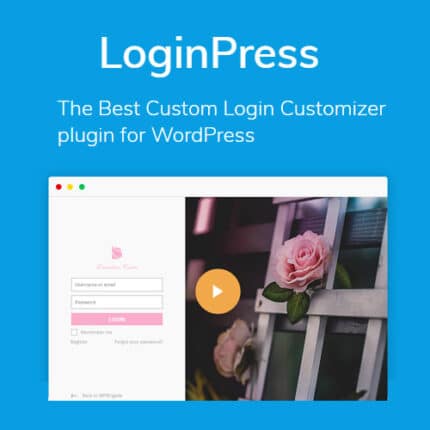 LoginPress Pro
LoginPress Pro
$53.71Original price was: $53.71.$4.02Current price is: $4.02.In stock
-
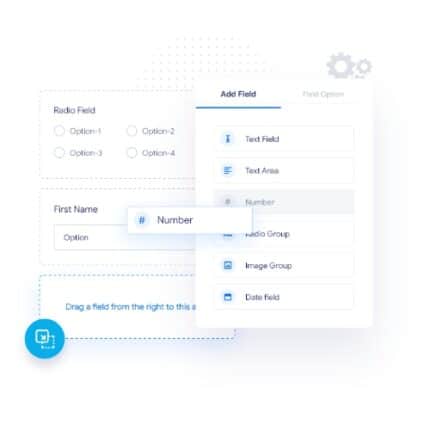 Checkout Field Editor and Manager for WooCommerce Pro
Checkout Field Editor and Manager for WooCommerce Pro
$53.71Original price was: $53.71.$3.94Current price is: $3.94.In stock
-
 Social Auto Poster
Social Auto Poster
$53.71Original price was: $53.71.$3.94Current price is: $3.94.In stock
-
 Vitepos Pro
Vitepos Pro
$53.71Original price was: $53.71.$12.30Current price is: $12.30.In stock
-
 Digits : WordPress Mobile Number Signup and Login
Digits : WordPress Mobile Number Signup and Login
$53.71Original price was: $53.71.$3.94Current price is: $3.94.In stock
-
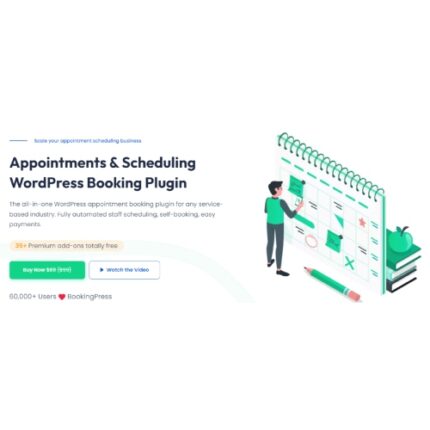 BookingPress Pro – Appointment Booking plugin
BookingPress Pro – Appointment Booking plugin
$53.71Original price was: $53.71.$3.94Current price is: $3.94.In stock
-
 Polylang Pro
Polylang Pro
$53.71Original price was: $53.71.$3.94Current price is: $3.94.In stock
-
 All-in-One WP Migration Unlimited Extension
All-in-One WP Migration Unlimited Extension
$53.71Original price was: $53.71.$3.94Current price is: $3.94.In stock
-
 Slider Revolution Responsive WordPress Plugin
Slider Revolution Responsive WordPress Plugin
$53.71Original price was: $53.71.$4.51Current price is: $4.51.In stock
-
 Advanced Custom Fields (ACF) Pro
Advanced Custom Fields (ACF) Pro
$53.71Original price was: $53.71.$3.94Current price is: $3.94.In stock
-
 Gillion | Multi-Concept Blog/Magazine & Shop WordPress AMP Theme
Rated 4.60 out of 5
Gillion | Multi-Concept Blog/Magazine & Shop WordPress AMP Theme
Rated 4.60 out of 5$53.71Original price was: $53.71.$5.00Current price is: $5.00.In stock
-
 Eidmart | Digital Marketplace WordPress Theme
Rated 4.70 out of 5
Eidmart | Digital Marketplace WordPress Theme
Rated 4.70 out of 5$53.71Original price was: $53.71.$5.00Current price is: $5.00.In stock
-
 Phox - Hosting WordPress & WHMCS Theme
Rated 4.89 out of 5
Phox - Hosting WordPress & WHMCS Theme
Rated 4.89 out of 5$53.71Original price was: $53.71.$5.17Current price is: $5.17.In stock
-
 Cuinare - Multivendor Restaurant WordPress Theme
Rated 4.14 out of 5
Cuinare - Multivendor Restaurant WordPress Theme
Rated 4.14 out of 5$53.71Original price was: $53.71.$5.17Current price is: $5.17.In stock
-
 Eikra - Education WordPress Theme
Rated 4.60 out of 5
Eikra - Education WordPress Theme
Rated 4.60 out of 5$62.73Original price was: $62.73.$5.08Current price is: $5.08.In stock
-
 Tripgo - Tour Booking WordPress Theme
Rated 5.00 out of 5
Tripgo - Tour Booking WordPress Theme
Rated 5.00 out of 5$53.71Original price was: $53.71.$4.76Current price is: $4.76.In stock
-
 Subhan - Personal Portfolio/CV WordPress Theme
Rated 4.89 out of 5
Subhan - Personal Portfolio/CV WordPress Theme
Rated 4.89 out of 5$53.71Original price was: $53.71.$4.76Current price is: $4.76.In stock
-
 Travel Tour - Travel Booking WordPress
Rated 4.50 out of 5
Travel Tour - Travel Booking WordPress
Rated 4.50 out of 5$53.71Original price was: $53.71.$4.51Current price is: $4.51.In stock
-
 Eduma – Education WordPress Theme
Rated 4.33 out of 5
Eduma – Education WordPress Theme
Rated 4.33 out of 5$53.71Original price was: $53.71.$4.51Current price is: $4.51.In stock
-
 Airtech - Plumber HVAC and Repair theme
Rated 4.80 out of 5
Airtech - Plumber HVAC and Repair theme
Rated 4.80 out of 5$62.73Original price was: $62.73.$5.33Current price is: $5.33.In stock
-
 Bookio – Book Store WooCommerce WordPress Theme
Rated 4.20 out of 5
Bookio – Book Store WooCommerce WordPress Theme
Rated 4.20 out of 5$53.71Original price was: $53.71.$4.92Current price is: $4.92.In stock









